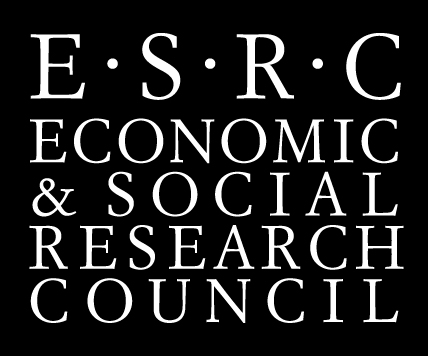CDRC Research: Modelling Smart Cities
Nick Malleson, with thanks to:
Tomas Crols, Jon Ward, Alison Heppenstall, Andrew Evans, Annabel Whipp, Keiran Suchak, Michael Adcock
Schools of Geography & Mathematics, and LIDA
nickmalleson.co.uk
surf.leeds.ac.uk
dust.leeds.ac.uk
These slides: http://surf.leeds.ac.uk/presentations.html
How many people are there in Trafalgar Square right now?
We need to better understand urban flows:
Crime – how many possible victims?
Pollution – who is being exposed? Where are the hotspots?
Economy – can we attract more people to our city centre?
Health - can we encourage more active travel?
Achieve this through agent-based modelling, consumer data, & smart cities?
Ongoing work: Using Agent-Based Modelling to Simulate Cities
Implement virtual 'people' (agents)
Incorporate diverse data (census, loyalty cards, public transport, social media, etc.).
Try to simulate the real world
Problem: Models Diverge from reality
Cities are complex
Human behaviour is difficult to predict
A model will quickly diverge from reality
We need a way to assimilate up to date data into models...
Dynamic Data Assimilation
Used in meteorology and hydrology to constrain models closer to reality.
Try to improve estimates of the true system state by combining:
Noisy, real-world observations
Model estimates of the system state
Should be more accurate than data / observations in isolation.

Current Research

Simulating Urban Flows (surf)
3 year research project funded by the UK ESRC
Modelling a small town, using real footfall counters
Ultimately stream real-time data into the model dynamically
Modelling Footfall
Wi-Fi footfall counters (CDRC). Case study: Otley, West Yorkshire


Modelling Footfall
Modelling Footfall

Current Research

Data Assimilation for Agent-Based Models (dust)
5-year research project (€1.5M)
Funded by the European Research Council (Starting Grant)
Started in January
Main aim: create new methods for dynamically assimilating data into agent-based models.
Opportunity: Fully-Funded PhD Scholarships
1. Developing Model Ensembles and Emulators for Next-Generation City Simulation
2. Agent-Based Modelling of Smart Cities
Deadline: 30th April 2018. Start: October 2018
Fully-funded (fees and stipend) for four years
CDRC Research: Modelling Smart Cities
Nick Malleson, Tomas Crols, Jon Ward, Alison Heppenstall, Andrew Evans, Annabel Whipp, Keiran Suchak, Michael Adcock
Schools of Geography & Mathematics, and LIDA
nickmalleson.co.uk
surf.leeds.ac.uk
dust.leeds.ac.uk
These slides: http://surf.leeds.ac.uk/presentations.html